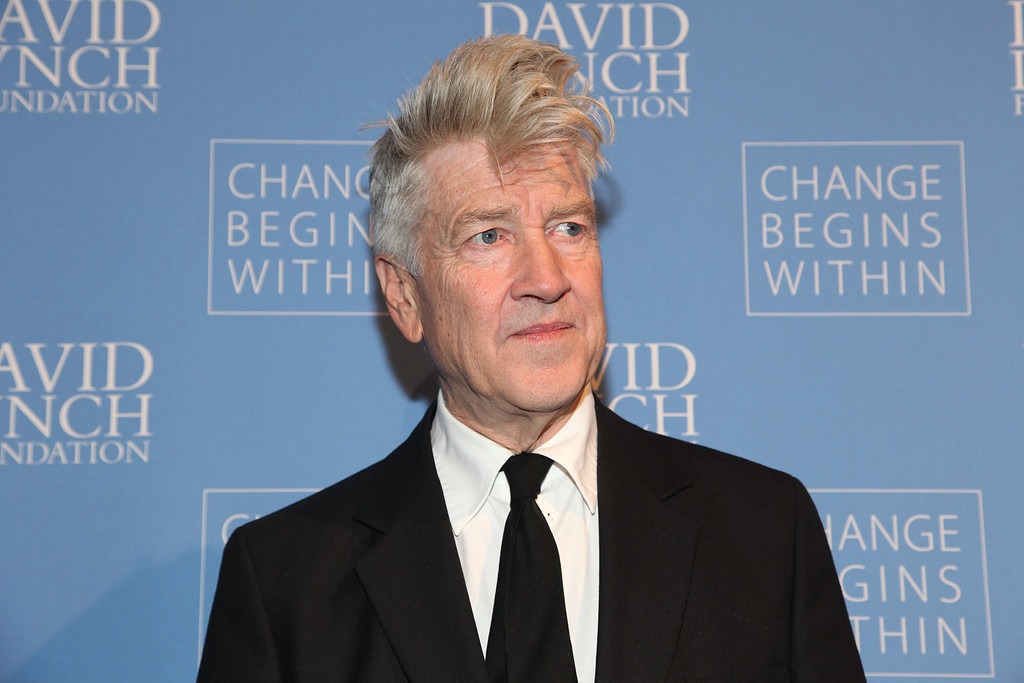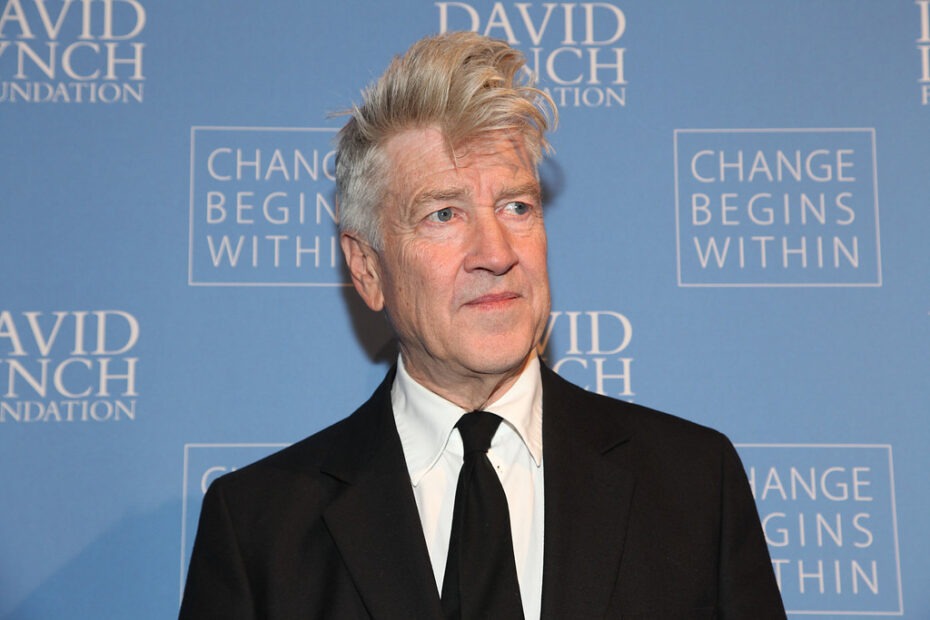
Discussion post I submitted for my Atlantic University TP5020 Course – December 6, 2019
There is no question that active meditation practice is extremely beneficial. MacDonald, Walsh, and Shapiro examine numerous studies regarding the health benefits of meditating, which include “improved stress responses, and greater state and trait expressions of calmness and relaxedness…Neurologically…[meditation] seems to point to improved integration and harmonization of brain structure activation, greater control over cognitive resources…strengthened affect regulation, and enhanced perceptual processes” (2015, p. 439-440).
In addition, the authors point out that meditation strengthens “perceptual sensitivity learning capabilities, memory, processing speed, concentration, reaction time, motor skills, perceived self-control, academic performance, self-esteem, empathy, and creativity” (2015, p. 440). If that’s not enough, the authors also cover studies that show that meditation improves “coping skills, marital satisfaction, and maturation…as well as to positive changes in personality” (2015, p. 440). Les Lancaster adds, “it has been reported that meditation produces substantive and lasting structural changes in the brain” (2015, p. 228).
With all of the benefits, it’s surprising that our health and education sectors aren’t utilizing meditation as a useful tool. Well, alright, it’s not all that surprising. One guy is trying, and that’s David Lynch, the famous Hollywood director and one of my favorites. Lynch, who began meditating himself in 1973, started a foundation in 2005 called the David Lynch Foundation for Consciousness-Based Education and World Peace. According to their website, his foundation is dedicated to ensuring “that every child anywhere in the world who wanted to learn to meditate could do so. Now, the Foundation is actively teaching TM to adults and children in countries everywhere.”
However, the question for this week is not to discuss the benefits of meditation but whether we think that “mediation is the only or the superlative path to transpersonal realization.” There is no question that with the positive changes to the brain, personality, mood, and other benefits covered above, that meditation is a foundational tool for those who are on a transpersonal spiritual path. It’s similar to working out as a means to reduce stress, increase productivity, and improve one’s overall mood.
MacDonald, Walsh, and Shapiro note that research indicates that “advanced meditation practitioners demonstrate remarkable capacities traditional thought in Western science and psychology to be outside the realm of possibility” (2015, p. 444). The challenge is that most of us Westerners aren’t “advanced meditation practitioners” nor are we suited or have the time to spend hours in a meditative state.
Therefore, meditation is not the only path to transpersonal realization. In fact, recently, I was at a regular psychic circle I attend on Thursday nights, and a group of experienced psychics and mediums were talking about meditation. Each of the three sheepishly admitted that they know they’re “supposed” to meditate, but none of the three actually did and they said it bore no relationship to their ability to quickly and easily obtain an altered state where they can hear messages from spirits. Also, I would argue that something like a Near-Death Experience (NDE) is nearly universal in terms of creating an extraordinary transpersonal experience, although I wouldn’t recommend that people seek them out.
An argument can be made that meditation is a necessary practice for those of us who are on a slower, more deliberate transpersonal journey. I’ve been meditating 20 minutes a day now for over two years. I can see the benefits, although my attention span while getting better is still on the active end of the scale. I was watching a show on Gaia TV last night called, “Rewired,” which is hosted by neurosurgeon Dr. Joe Dispenza. His approach to fundamentally changing a person’s outlook and success comes by changing one’s thought patterns – similar to the law of attraction – which then changes the brain. And the fundamental tool he recommended for getting there was meditation.
So, unless I encounter a burning bush along my walk, the deer I regularly see start talking to me, or I can finally astral project, meditation will continue to be my go-to tool along my spiritual path.
References
David Lynch Foundation (n.d.), “Message from David Lynch.” Retrieved from https://www.davidlynchfoundation.org/message.html
Dispenza, J. (Producer). (2019). Rewired [Television series]. Gaia: Louisville, CO
Lancaster, B.L. (2015), “Neuroscience and the Transpersonal,” The Wiley Blackwell handbook of transpersonal psychology, pp. 433-458, John Wiley & Sons Ltd: West Sussex, UK.
MacDonald, D, Walsh, R., and Shapiro, S. (2015), “Empirical research and future directions,” The Wiley Blackwell handbook of transpersonal psychology, pp. 433-458, John Wiley & Sons Ltd: West Sussex, UK.
